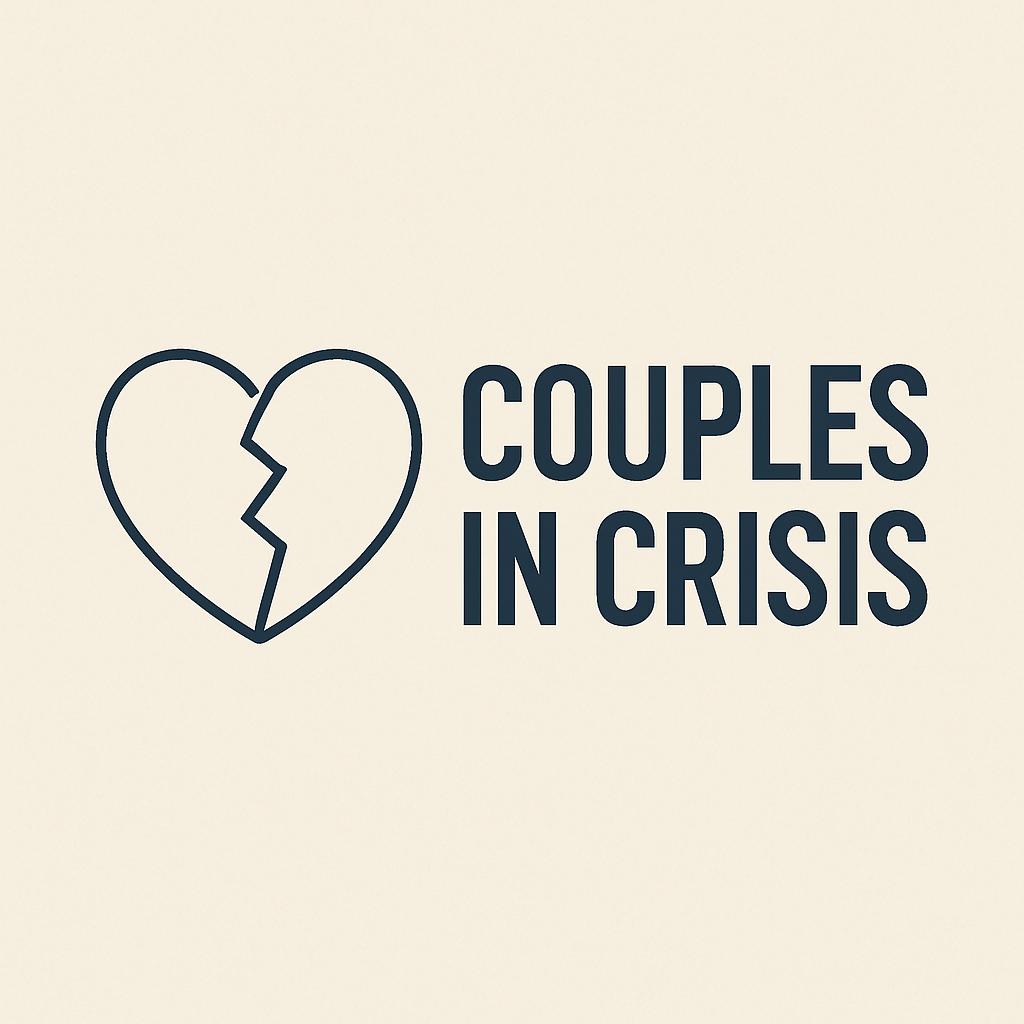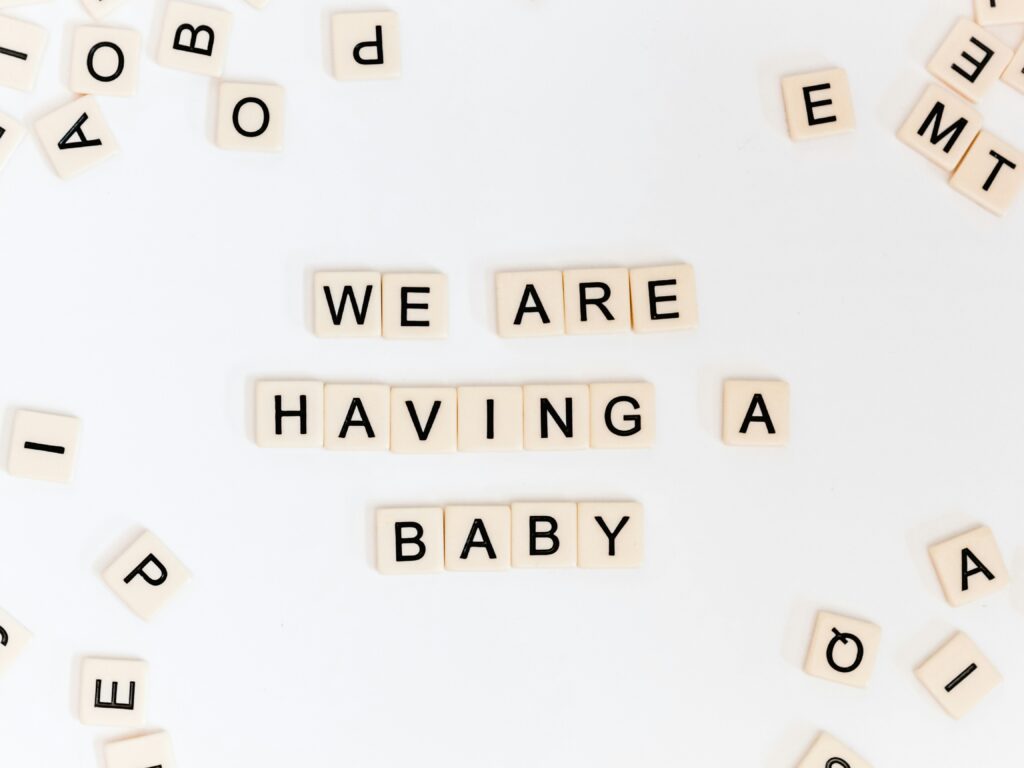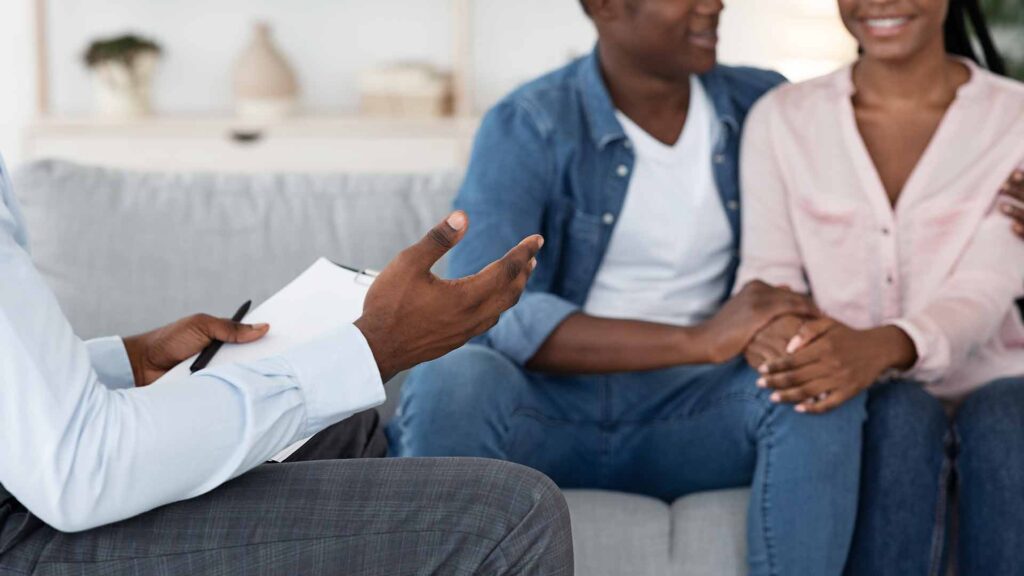Couples in Crisis is a mini-series I want to share, exploring the real-life dilemmas that bring people into couples therapy. Drawing on my clinical experience but disguising my clients such that I protect the confidentiality and ethics of our work, each post delves into a common relational challenge, from infidelity to fertility struggles, communication breakdowns to questions around monogamy, and offers a thoughtful, therapeutic lens on what’s really going on beneath the surface. These are not one-size-fits-all answers, but compassionate reflections to help couples feel less alone and more equipped to navigate complexity with care. Whether you’re in crisis, at a crossroads, or simply curious, you’re warmly invited into the conversation.
Welcome to week one..
Thinking about opening up?
Navigating emotional safety when one partner wants non-monogamy and the other isn’t sure
A while ago, I was working with a couple in therapy, let’s call them Jess and Tom, who were considering opening up their marriage. Jess had brought it to the table gently but clearly:
“I’ve been reading about ethical non-monogamy and I’m curious. I love you, I’m not looking to replace you, but I wonder if we could explore something more… expansive?”
Tom looked stunned, as if someone had asked him to jump out of a plane without a parachute.
“Why would we do that?” he asked. “Aren’t we enough?”
These kinds of conversations are becoming more common in couples therapy. As polyamory, open relationships, and relationship diversity enter the mainstream, more couples are navigating questions around monogamy, and not always from the same page. It’s not easy to navigate.
When one partner wants non-monogamy and the other doesn’t
From a therapeutic standpoint, questions about opening a relationship are rarely just about sex or freedom. They often tap into deeper emotional needs and fears, fear of abandonment, fear of not being enough, longing for novelty, curiosity about identity, or a desire for more autonomy.
For Jess, opening the marriage wasn’t about dissatisfaction. “I love the life we’ve built,” she said, “but sometimes I wonder if we’ve become… too safe.” Her interest in non-monogamy came with a quiet yearning for aliveness, for a part of herself she hadn’t yet explored.
For Tom, her suggestion triggered insecurity. He worried about losing Jess, but even more about being not enough. As we explored further, it became clear this wasn’t just about her request. It stirred old emotional wounds around being replaced or forgotten, the kind that long predated their relationship.
A therapeutic lens on polyamory and emotional risk
From a psychoanalytic perspective, these moments often reactivate our early relational patterns. When someone suggests opening up a relationship, it can unconsciously echo unresolved experiences: not feeling chosen, being left out, or fearing engulfment. Our internal “object world”, the emotional templates we carry from childhood, comes alive.
Polyamory, in this sense, isn’t just a lifestyle choice. It becomes a stage on which past dynamics are replayed or reworked. Does non-monogamy offer true freedom, or protection from dependency? Is it about seeking more love, or avoiding the vulnerability of deep intimacy with one person?
In therapy, we slowed the conversation down. Instead of asking “Should we open the relationship?”, we explored why this was coming up now. What meanings, fantasies, and fears were being stirred in each of them?
Can your relationship hold the complexity of polyamory?
Another key question: could your current relationship contain this kind of change? Jess and Tom had a solid base, but also some cracks. Sometimes, couples imagine that opening the relationship will fix a problem, when in fact, it magnifies what’s already unresolved.
They began talking more honestly about desire, jealousy, and emotional safety. Whether or not they opened their marriage, something essential had already opened, their capacity to understand and meet each other more fully.
Considering ethical non-monogamy? A few things to think about
- Don’t rush This is a big conversation. Take your time to understand what the desire means, for you, and for your partner.
- Be honest with yourself
Is this about sexual freedom, emotional connection, fear of commitment, or something else? - Explore emotional, not just physical, boundaries
Can you handle jealousy, ambiguity, or the idea of your partner loving someone else? - Get curious, not defensive
Differences don’t have to be threats. They can be openings for deeper understanding. - Consider couples counselling
Therapists familiar with relationship diversity can help both partners feel heard and supported without judgement. Therapy isn’t about choosing a side. It’s about creating space for both of you to be heard.
In the end…
Jess and Tom didn’t rush into opening their relationship. But they did open up emotionally, to themselves, and to each other. And sometimes, that’s the most important opening of all.


